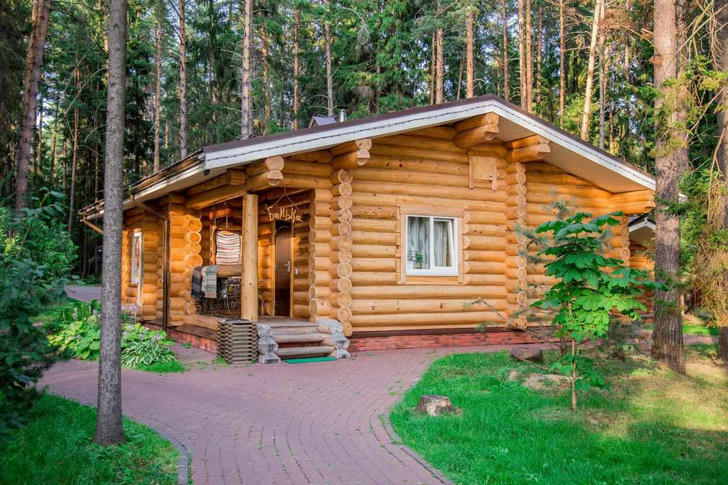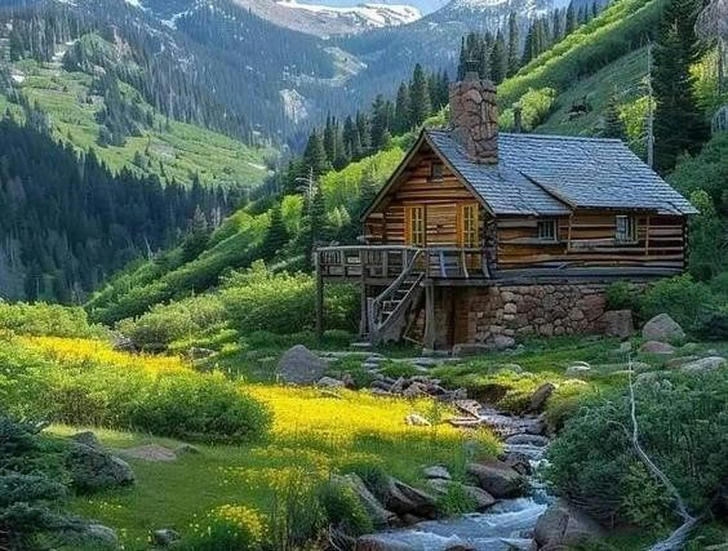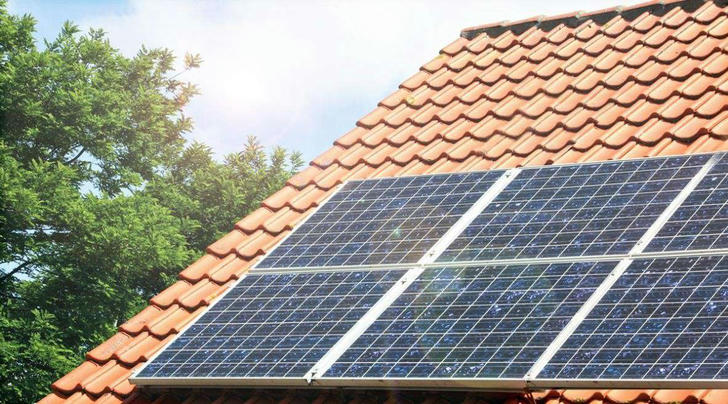How to Choose the Perfect Location for Your Off-Grid Cabin

Choosing the ideal location for your off-grid cabin is one of the most critical decisions on your journey to sustainable living. The right site can enhance your quality of life, reduce your dependence on external resources, and provide you with a tranquil environment that fosters self-sufficiency. This article will guide you through essential tips and considerations to help you select the perfect location for your off-grid cabin
1. Assess Your Needs and Preferences
Before you start searching for land, it’s crucial to evaluate your needs and preferences. Consider your lifestyle, family size, and the activities you hope to engage in. Do you want a quiet space for meditation, or are you planning to engage in outdoor activities like hiking, fishing, or gardening? Understanding the primary purpose of your cabin will significantly impact your site selection.
For instance, if you want to cultivate a large garden, you'll need a location with ample sunlight and fertile soil. Conversely, if you want to focus on winter sports, being near the mountains may be more important. Make a list of your priorities as you search, and stay focused on them throughout the process.
2. Evaluate Accessibility
Accessibility is another key factor in choosing the right location for your off-grid cabin. While you may crave solitude, you still want to ensure that your cabin is reachable by vehicle, especially in emergencies. Assess the condition of the roads leading to potential sites and consider how often they are maintained.
If you plan to rely on deliveries or occasionally have friends and family visit, well-maintained roads will be especially important. It’s advisable to visit the site during different seasons to evaluate how weather conditions affect accessibility. This will give you a realistic understanding of how easily you can reach your cabin year-round.
3. Consider Water Sources
Access to clean water is vital for any off-grid living situation. When selecting your cabin location, investigate nearby water sources such as rivers, lakes, or wells. If you plan to install a rainwater collection system, consider the area’s annual rainfall and whether local regulations allow for such activities.
For example, Sarah and Tom, a couple building their off-grid cabin in Oregon, found a nearby creek that provided them with a reliable water source. They installed a simple filtration system to ensure the water was safe to drink. Additionally, they created a rainwater collection system using barrels, which supplemented their water supply during the dry summer months. This combination of water sources enabled them to maintain a flourishing garden and meet their self-sufficient water needs.
Furthermore, you should check the water quality of your sources. Conducting water quality tests can provide valuable information regarding contaminants and the suitability for drinking or irrigation. If there is no natural water source, you might need to invest in a water filtration system or drilling a well, which could increase your costs.

4. Check Sunlight and Orientation
Natural sunlight is a crucial factor in off-grid living, affecting everything from your cabin's energy supply to your overall well-being. Ensure that the location you choose receives ample sunlight throughout the day, especially if you plan to use solar panels for energy. To maximize solar energy utilization, consider the cabin's orientation. Ideally, position the longest side of the cabin facing south (in the Northern Hemisphere) to capture the most sunlight. Additionally, take into account surrounding trees and mountains that may cast shadows during winter.
An example of effective sunlight utilization comes from Mark, who built his off-grid cabin in a wooded area of Vermont. Before construction, he spent a few days observing the sunlight patterns on the land. By positioning the cabin to avoid shadows from nearby trees and facing south to maximize solar exposure, he was able to provide optimal sunlight for his solar panels. This strategic site choice significantly reduced his energy costs and made the living environment more comfortable, as his home stayed warm in winter due to passive solar heating.

5. Research Local Regulations and Zoning
Before making a final decision, research local laws and zoning regulations that may affect your ability to build an off-grid cabin. Different areas have varying restrictions on building codes, land use, and utilities.
Some locations may require permits for construction, septic systems, or water collection. Understanding these regulations is crucial to avoid potential legal issues in the future. Consulting a local real estate agent or land use attorney can provide clear guidance on what is permissible.
Regarding this point, a user experience example involves Jessica and her partner discovering strict zoning laws on the land they chose, which prohibited structures exceeding a certain height, presenting them with challenges. They originally envisioned a loft-style cabin but were forced to modify their plans after consulting with the local zoning board. By actively participating in community events and attending local meetings, they learned about alternative design options that complied with regulations. This proactive approach allowed them to find creative solutions, ultimately achieving a cabin design that satisfied them, despite the initial setbacks.

6. Evaluate the Surrounding Environment
The surrounding environment will have a significant impact on your off-grid living experience. Investigate the local wildlife, climate, and community. Ensure you are comfortable with the potential risks of natural events, such as wildfires, flooding, or heavy snowfall.
Understanding the local community can also enhance your off-grid experience. Some areas have active communities of like-minded individuals who can offer support and resources. Engaging with local groups or forums can provide insights about the area.
Conclusion
Choosing the perfect location for your off-grid cabin involves careful consideration of various factors, including personal needs, accessibility, water sources, sunlight, local regulations, and the surrounding environment. By thoroughly evaluating these elements, you can make an informed decision that aligns with your off-grid living goals.
Take the time to research and reflect on your preferences, as this will ultimately lead to a more fulfilling and sustainable off-grid lifestyle. Whether you envision a cozy cabin surrounded by nature or a self-sufficient homestead, the right location is the foundation of your dream. So take action, explore your options, and find that perfect home!
